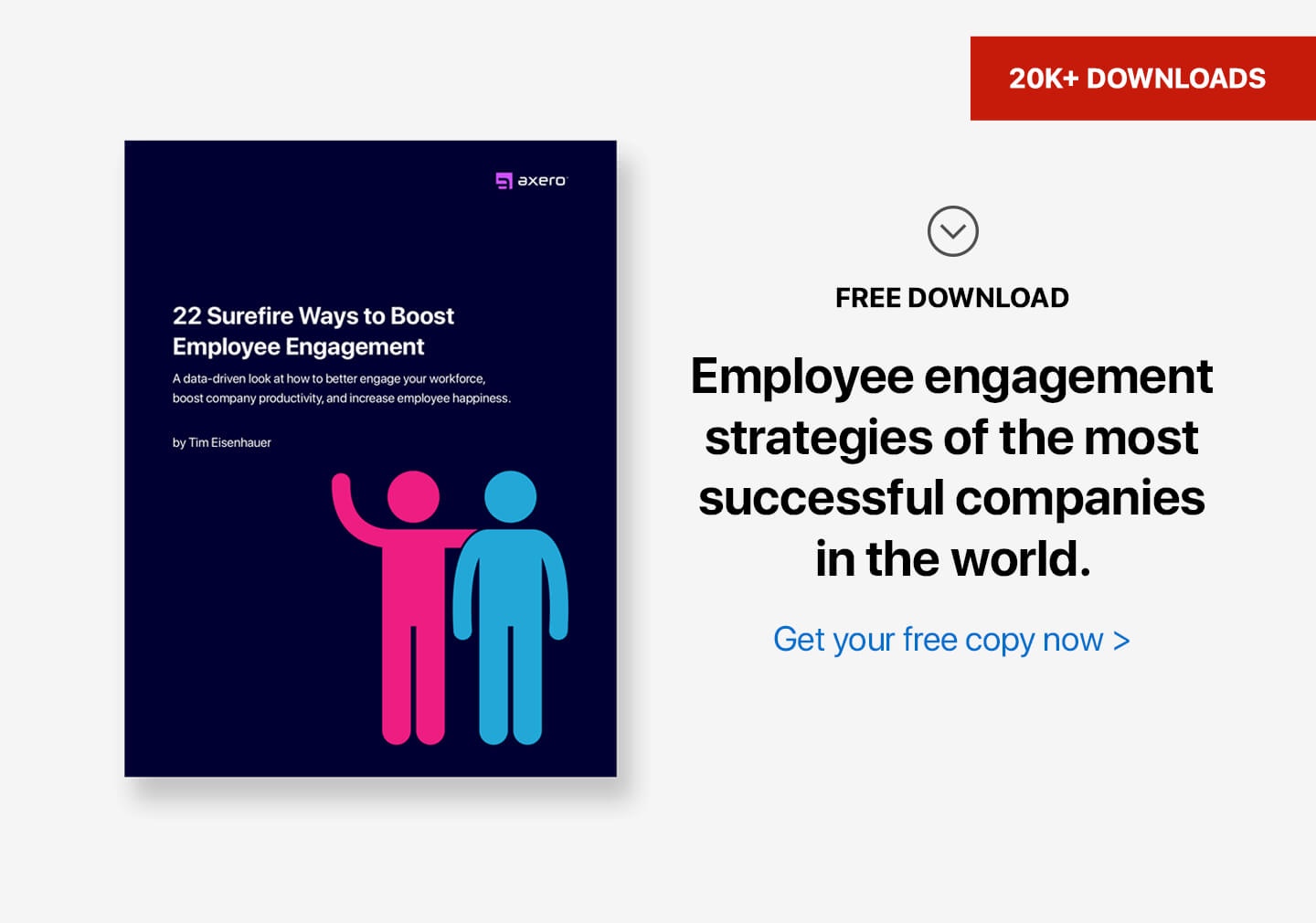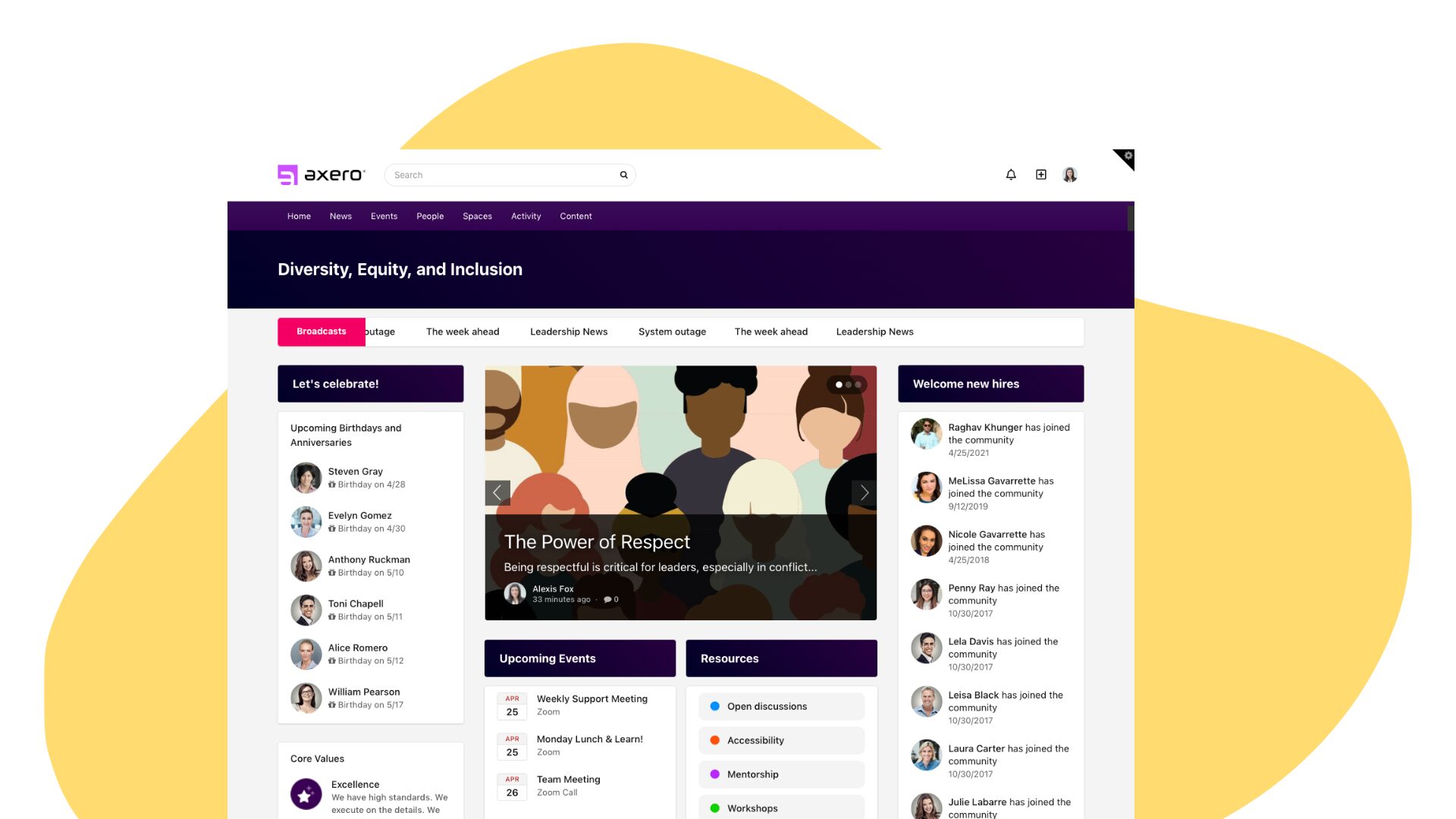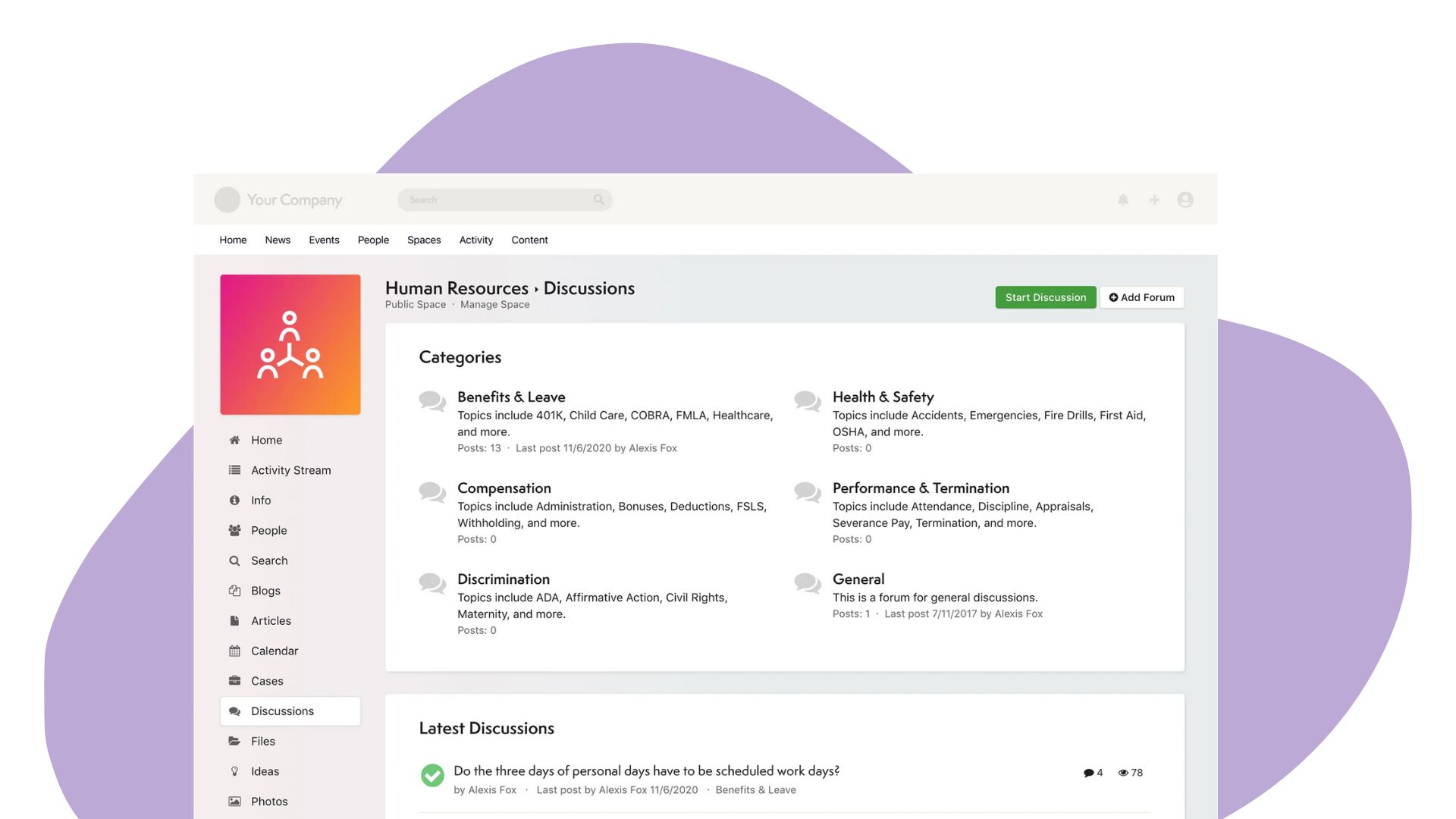Music is life. I play it everyday.
For many people, music is a way of life.
For me, it’s therapeutic escape from the harsh realities and the beautiful unknowns of modern-day living, an exercise in the expansion of consciousness and a million other things, depending upon how you think about it.
It doesn’t necessarily take playing music to get the most out of it either, as listening can be just as powerful an experience. It’s not too far a stretch to believe that without music, many people would have a difficult time getting by.
I would, anyway. Without music, my life would be a living hell.
While the pleasurable effects of music are easily understandable, many people lose sight of the other benefits associated with playing and listening to music. Particularly viewed from a productivity standpoint, music can be a true asset to anyone who is looking to get things done faster, more efficiently, and with more focus.
Given the way we consume media today, it’s also readily available at all times to anyone with an Internet connection.
The 5 scientific benefits of listening to music.
Listening to music can be an effective (not to mention enjoyable) way to boost productivity, but before delving into how and why you should start bringing headphones to work, let’s dive into some of the other benefits associated with having your favorite tunes playing on the speakers in the background.
1. It relieves you of anxiety.
Life is crazy.
You really never know what’s going to happen next, because it just happens. And for some people, this causes a great deal of anxiety.
Many embrace a number of counteractive methods to keep anxiety at bay … like taking medication, exercising, medication, eating, medication, therapy, and even some more medication.
If you’re not exercising, eating, meditating, or in therapy, and you dont’ want to go the medication rout, there’s another option.
Music.
Not everyone realizes that music is one of the most effective tools available for reducing anxiety. Close your eyes and focus on what you hear for even just a few minutes, and you’ll no doubt feel your body and mind begin to relax to the sounds around you.
2. Music helps you make stronger connections with groups and other people.
If you’re already a music fan, I bet you’ll agree that bringing up your favorite artists or bands in a conversation can be a great way to find common ground when meeting someone new.
Taking this idea further, listening to music in a group setting can help everyone in the room not only feel more connected with each other, but also put them all in the state of mind and on the same level.
There’s something unexplainable that happens when a large group of strangers moves in sync at a concert, for example, and the same concept can be applied at a micro level.
3. It drastically improves your memory.
It’s long been said that “music makes you smarter,” and there’s actually quite a bit of truth to this sentiment.
Perhaps most important to realize is that music does indeed help to improve one’s memory. When you listen to and/or play music, your left and right brain work simultaneously, which serves to improve the ways in which memories are formed and retained.
Singing is believed to improve the ways in which one processes information because of how it utilizes both the left and right brain at the same time, for example, but even a simple listening session can have beneficial effects.
4. Listening to music reduces your muscle tension.
Along with anxiety comes muscle tension as one of the primary issues faced by business people, especially those who are stuck sitting at a desk for eight or more hours per day.
Listening to music helps to reduce tension throughout the body, including the back and shoulders where it is so often felt by those who work office jobs.
Even keeping something on in the background can be an effective way to destress and release tension.
5. You will get a higher quality of sleep.
Sleep is one of the most essential elements of a productive day, yet it’s also more commonly neglected today than ever in the past.
If you’re getting less than eight hours each night, chances are you’re feeling it.
Research has shown that listening to classical music may be an effective way to improve the quality of one’s sleep, especially when done on a regular basis. The result is a more refreshed feeling each morning, and thus a more productive workday.
Do you want to know how music effects your workplace performance?
As one might expect, given the utility of music for improving one’s health, listening to music can also have beneficial effects on workplace performance.
A notion such as this might seem loaded, but studies have shown it to be true.
Teresa Lesiuk of the University of Windsor, Canada, published an important study in 2005, for example, which showed that listening to music helped to improve the efficiency in which one completes tasks and fosters the creation of better ideas.
Much of this has to do with the release of a chemical called dopamine that typically occurs when one listens to music, which in turn makes them more happy than they might otherwise be.
Think of it as being in-line with taking a bite out of a delicious sandwich, for example, or experiencing a first kiss with a new partner.
Both of these scenarios result in an increased production of dopamine, which provides the individual with a sense of elation.
While a number of different things occur within the brain as one listens to music during the workday, it’s important to focus on perhaps the most easily-felt of all — happiness.
Most people can attest to feeling good during and after listening to their favorite music, even if the subject matter happens to be particularly dark or sad.
The happiness that comes from turning on a favorite piece of music is quite noticeable when one pays close attention, and it can certainly help to make the day go more smoothly than it might otherwise.
The benefits of incorporating music into the workday are many, with the following being just a few prime examples:
If you get bored at work, music will ease your suffering.
Boredom is a productivity-killer like no other, yet it’s difficult to avoid sometimes. When you’ve got music going in the background, however, the mind has something interesting to keep it occupied aside from what is being focused on work-wise. This helps to reduce boredom and increase one’s ability to properly tackle whatever task may be at hand.
Increased identity marking.
Your co-workers and where you work is it’s own little community not unlike any other, which means that the people who make up your team will no doubt crave the ability to mark their identity and inject a bit of personality into the workday.
Many people decorate their offices or cubicles with personal artwork, (which is typically with pictures of the dogs or cats, family photos, or other rediculous stuff that gives them self-worth, allows them to relfect on what they love, and gives them purpose … which can be a great way to reach this goal, but music can be even more effective and fosters the sharing of ideas and interests.
This helps to empower employees, which in turn has a positive effect on productivity.
Music breeds and inspires effective creativity.
Anyone who has ever found themselves stumped on the job knows just how frustrating such an experience can be. When you’re trying to come up with a solution to a difficult issue, having creativity on your side is an absolute must.
Listening to music helps to open up different avenues of the creative mind and promotes abstract thinking in ways that are otherwise difficult to match, all the while improving the amount of focus and attention one has to give to coming up with effective solutions.
Less stress.
No matter what industry one is a part of, running into stress throughout the workday is always a possibility. Some let stress really get to them, which can interrupt even the most productive of days and come along with a host of other negative effects.
Listening to music can be a great way to reduce stress and improve mental clarity, ensuring that even the most hectic days don’t get to you or your employees.
Blocked-out distractions.
Even in the most streamlined of workplaces, distractions can pop up from time to time. Getting things done can be easier said than done when things are in your periphery, which is just one more music to have background music going while you work.
Music gives you something to focus heavily upon, letting distractions fade away and increasing your ability to get the job done.
What is “productive” music?
There are a lot of people who might scoff at the motion that music increases productivity based upon their own personal experiences.
After all, there are certain types of music that don’t foster better productivity in many people, some of which can even create distractions that are difficult to pull away from.
Singer-songwriter music, for example, relies so heavily on lyrics to get the point across that it demands an amount of attention that most people can’t give when trying to tackle a project or important task.
This is especially true for those who actually find themselves gravitating towards lyrically-heavy styles of music, as it’s tempting to sing along in such a case and just forget about everything else that’s happening in the periphery.
So what exactly is “productive” music, then?
Unfortunately, there’s no universal answer that applies to everyone.
Each individual has their own set of criteria for music that makes them productive rather than distracts them. The music that sets one person into “work mode,” for example, might be utterly distracting (or even hard to listen to) for another.
Sometimes, finding a particular style of music or artist/band that increases your own productivity can be a time-consuming process, especially if it’s not the kind of thing you’ve thought about in the past.
All this said, there are a few common characteristics of certain musical stylings that lend themselves well to the workday, including the following:
Allegro tempo.
Anyone who has ever studied or played classical music is likely well aware of how often the Latin language pops up in sheet music and documentation, often in the form of tempo markings.
The term “allegro” may not get thrown around on a daily basis, but many people don’t realize that a good deal of the music they listen to falls into this tempo category.
Tempo is typically measured in Beats Per Minute, or BPM, with allegro tempo settling in between 120 and 140 BPM. This is the perfect tempo for productive music, as it sets things into motion without being distractingly fast or slow.
Here’s an example of Classical Allegro:
Instrumental.
Vocals can make or break a piece of music.
Think of a well-known, classic 80’s rock ballad, for example, and try to imagine what it would sound like without the iconic vocals on top.
Perhaps because vocals can be so effective, they can also get in the way of productivity when you’re working.
Instrumental music tends to be far less distracting, as there’s something about allowing your mind to drift instead of having to pay attention to lyrics and vocal melodies.
Here’s some instrumental I listen to regularly:
Groove / drone.
There are a number of reasons why so many people listen to ambient/drone music while working.
Repetition.
Repetition helps to synchronize the brain so that it follows certain patterns. When you zone out to ambient or groove-based music, you’re essentially allowing your brain to go on autopilot in ways that are impossible to match otherwise.
It’s similar in many ways to meditation and can help to increase clarity and focus throughout the day.
Here’s some music that I go to when I’m in that creative mindset, cranking out work:
Electronic music.
The resurgence of electronica in modern pop music is impossible to deny, and it’s popular for a reason.
Electronic music typically follows a pulse that can last for minutes or even hours without shifting, which is perfect for locking-in and getting work done.
It also tends to be peppered with “ear candy;” think synthesizers, airtight percussion and powerful drops and breaks.
Because of this, electronic music provides the listener with plenty to focus on while not actively causing any real distractions.
Long length and playlists.
When you’re listening to music to increase productivity, it’s important that your mind doesn’t have to bounce back and forth too much, which can be truly distracting.
Short songs simply aren’t built for the workplace, as you’ll get much better results out of listening to lengthy pieces of music that don’t shift in tempo or feel.
Jazz can be great for this purpose, although certain styles of the genre may be too involving to simply toss on as you work.
Getting the most out of music for productivity.
For a lot of people, finding that perfect piece of music that opens up the mind and increases productivity is an “ah-ha” moment.
Sometimes, it happens without even thinking about it, but there are certain things that you can do to work towards dialing-in your own personal brand of productive music.
Consider the following tips, each of which will help you to weed-out music that gets in the way of your workday rather than streamlines it.
Consider internet radio.
If there’s one thing that the Internet age is known for, it’s that obtaining and listening to music is easier than ever in the past and can now be done in the blink of an eye.
Streaming is perfect for work, as it allows you to listen to practically any type of music you’d like to without having to download any of it to your work computer.
Internet radio sites like Spotify and Pandora even allow you to input the names of your favorite bands or artists to create custom stations that appeal to your preferences, personalizing the listening experience and ensuring that you don’t end up running into music that will get in the way of your productivity throughout the course of the day.
Switch-up your listening habits.
One of the biggest problems faced by those who listen to music regularly is getting into a funk. Indeed, it’s more than possible to fall in love with a piece of music and then ruin the experience by listening to it too often.
Switching things up every once in a while is essential if you want to avoid musical burnout, and it doesn’t mean you need to reinvent the wheel. No matter what genre you find yourself most aligned with, there are surely countless artists that you have yet to discover, so give yourself the chance!
Don’t overlook your mood.
Put simply, music and mood can either go hand-in-hand or clash with one another, depending upon which route you end up taking.
Putting on a piece of music that goes against your mood certainly won’t help when it comes to productivity and may even end up getting in the way. If you’re feeling good, go with something high-energy to keep you moving. Otherwise, you might want to throw on something more somber and introspective.
Know when to take a break.
A lot of people listen to music all throughout the day, which can be effective for some. For others, however, this can result in “musical overload.”
Ear fatigue is a real thing, and it can even serve to reverse the benefits on productivity that come along with the listening experience.
Fortunately, it’s easy to identify the issue and remedy it. If you start getting the feeling that you’ve had enough music for a while, put down the headphones and enjoy a little silence.
Be respectful of your coworkers.
When you’re caught-up in a piece of music, it can be easy to forget about the people around you. This is especially important to keep in mind if you’re using speakers rather than headphones to listen to music, as you don’t want to bother your coworkers or interrupt their own productivity. And please don’t sing along to your music in the office, nobody likes that.
Check-in with yourself every once in a while to ensure that you’re being mindful of the people around you, and always keep volumes at a respectable level.
Experiment with different types of music.
Searching for musical styles and genres that help to increase productivity can sometimes be a frustrating experience, especially for those who tend to listen to vocal-heavy music.
There are countless different tempos, time signatures, grooves and feels that can influence one’s mindset in a multitude of ways, and finding the perfect fit for you can take some time.
Don’t hesitate to experiment with different options, even if you feel as if you’ve stumbled upon the perfect solution.
Keep an open mind.
In offices that are comprised of individuals of many different age groups, it’s not uncommon to experience a disconnect when it comes to music.
Simply put, baby boomers and millennials surely have overlapping tastes, but they also each have specific styles of music that tend to call to them more than others; electronic music is popular among young professionals, for example.
Don’t forget, too, that much of today’s music is actually a mash-up of classic genres that have been around for decades, if not centuries.
If you hear someone else’s music and it doesn’t connect with you, always keep an open mind and respect their preferences.
Making your business more music-friendly.
Running a business can be a difficult, often stressful experience. With all the time and effort many business owners put towards creating effective products and services and focusing on customer support, it can sometimes be easy to lose sight of just how important it is to create a pleasant work environment.
Music, as one might imagine, can be an excellent tool for this.
In order to make a business more music-friendly, there are a few important things that need to be taken into consideration.
Encourage your employees to listen to music.
In many scenarios, employees may not feel comfortable breaking out music during the workday, even if they’re wearing headphones.
Encouragement from the senior level can be necessary in order to break down this barrier, and it will no doubt be appreciated. Explain the benefits of listening to music and how it relates to productivity, and allow employees the opportunity to take part if they’d like to at any point throughout the day.
Listen communally.
It’s not uncommon for those who work together to sometimes have very similar interests, and music is no exception. If you find that you and your employees are all on the same page taste-wise, there’s no harm in playing music over the stereo so that everyone can listen at the same time. Always ask your staff if everyone is alright with this before doing so, however, as there will undoubtedly be times when certain employees will prefer to not have music going while they work.
Start a “house band.”
Those who work in a small office setting and have musicians on staff can have a great deal of fun starting an office “house band.”
You can delegate a portion of every Friday, for example, to having a jam at the end of the work day. This is not only a great team-building exercise, but can be an excellent way to keep your staff refreshed and ready to take on the next big task at hand.
Make music available.
There’s nothing better than getting great music recommendations from other people, as it’s truly the best way to learn about an artist or band you may have overlooked.
Making music available in the office for people to borrow and listen to can add a lot of personality and serve as a point of conversation. If you’ve got a CD collection, bring it in and keep it out in the open, encouraging your staff to dig through and take a listen to whatever might suit their interests.
Over and out …
Music is as vast a world as any other, encompassing just about every human emotion that could possibly be felt and experienced. It’s one of those rare things that can range from being a simple pleasure for the casual listener, to a calling or career to the professional musician, and everything in between can hold an equal amount of power depending upon the individual.
When you get into a habit of allowing music into your workday, the benefits that can come along with doing so become clear.
What music makes you more productive?
Let me know in the comments below.
(As a closing, here’s a piece of music that was recently introduced to me by my 3 year old niece.)












 info@axerosolutions.com
info@axerosolutions.com 1-855-AXERO-55
1-855-AXERO-55


